Cabinet backs above-inflation wage rise for 2.9m low-paid workers
The re-elected government will urge Fair Work to grant an ‘economically sustainable real wage increase’ to award-reliant and minimum wage workers.
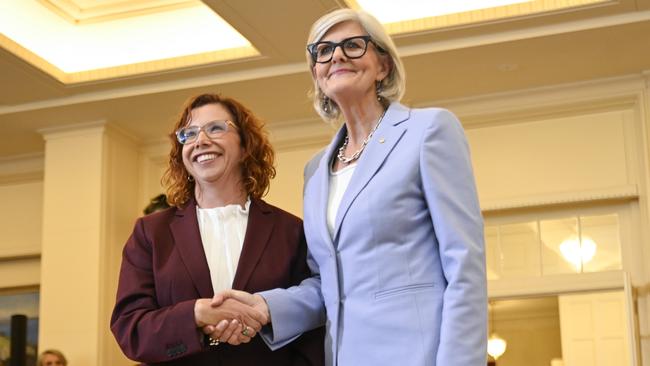
Cabinet has signed off on Labor’s election commitment that a re-elected Albanese government back above-inflation pay rises for 2.9 million low-paid workers.
Before the Fair Work Commission hands down its annual wage decision within weeks, the government will make a submission by Friday in support of an “economically sustainable real wage increase” for award-reliant and minimum wage workers.
At its first meeting on Tuesday after the swearing-in of ministers, cabinet approved a submission by Minister for Employment and Workplace Relations Amanda Rishworth in support of an above-inflation increase from July 1.
The government will not nominate a specific amount that should be granted, but it will argue that workers deserve a real, above-inflation wage increase.
Ms Rishworth said the government “made it clear that we want to see real wage increases that are economically sustainable for Australia’s award workers”.
“That will be reflected in our submission to the Fair Work Commission as per our election commitment,” she said on Tuesday. “A real wage increase would provide further relief to lower-income workers who continue to face cost-of-living pressures.
“Only Labor wants people to earn more and keep more of what they earn, and only an Albanese Labor government believes workers should get ahead with a real wage increase.”
Mr Albanese spoke publicly about Ms Rishworth’s submission, saying “Labor will always stand for improving people’s wages and conditions”.
“We know that part of our agenda in dealing with cost-of-living pressures isn’t just getting inflation down, it’s getting wages up and maintaining strong employment,” he said. “And we think that people on the minimum wage deserve a wage increase.”
The federal budget forecast a 2.5 per cent inflation rate this financial year, increasing to 3 per cent in 2025-26.
With the national minimum wage at $24.10 an hour, or $915.90 a week, a 3 per cent increase would deliver a $27-a-week increase to low-paid workers.
A 3.5 per cent rise would translate into a $32-a-week increase.
The ACTU wants a 4.5 per cent rise, arguing low-paid workers have borne the brunt of the cost-of-living crisis. The “affordable and responsible” claim for a $41.22-a-week minimum wage rise would lift the annual full-time rate by $2143 to $49,770.
Employer groups are opposing the claim, with the Australian Chamber of Commerce and Industry pushing for a 2.5 per cent increase, equivalent to $22.90 a week, and the Australian Industry Group calling for a 2.6 per cent rise, or $23.80 a week.
The Australian Restaurant and Cafe Association said the increase should be limited to a 2 per cent rise, warning its members “cannot absorb wage increases without price hikes”.
The ABS is due to release wage price index data on Wednesday.



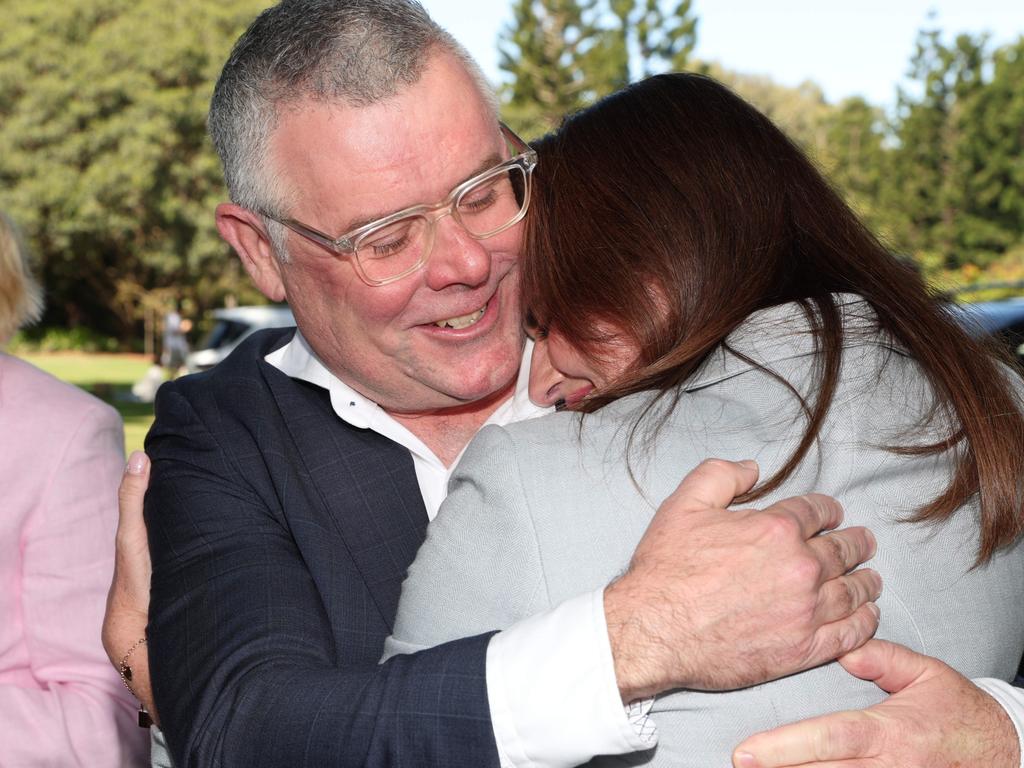
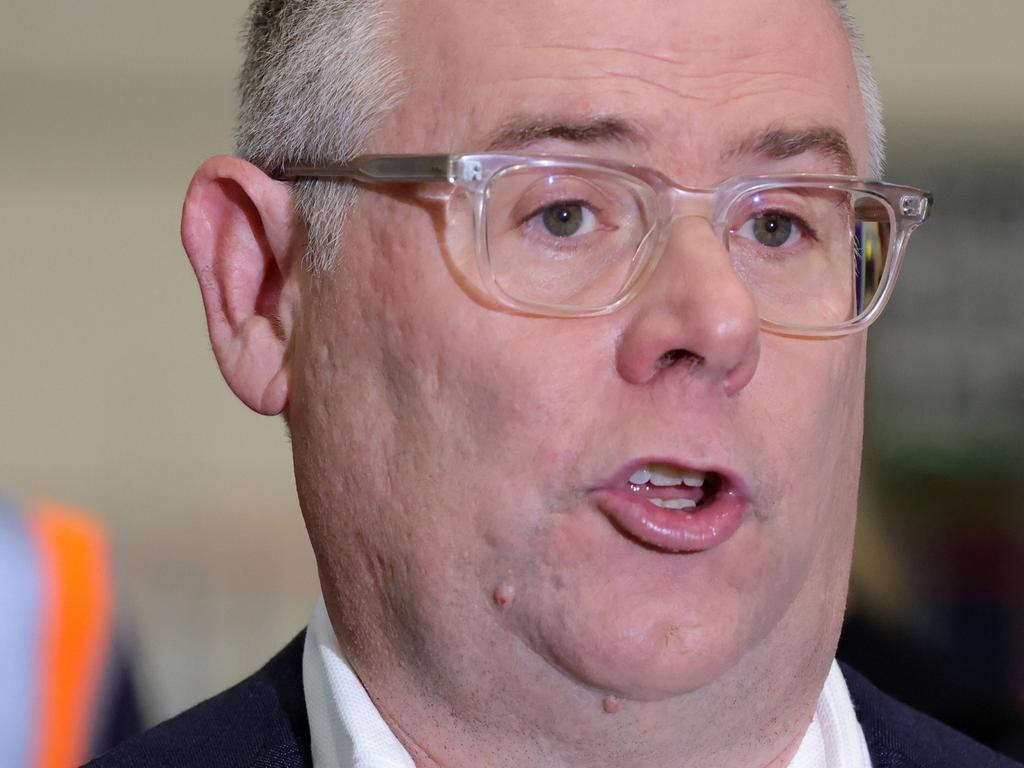

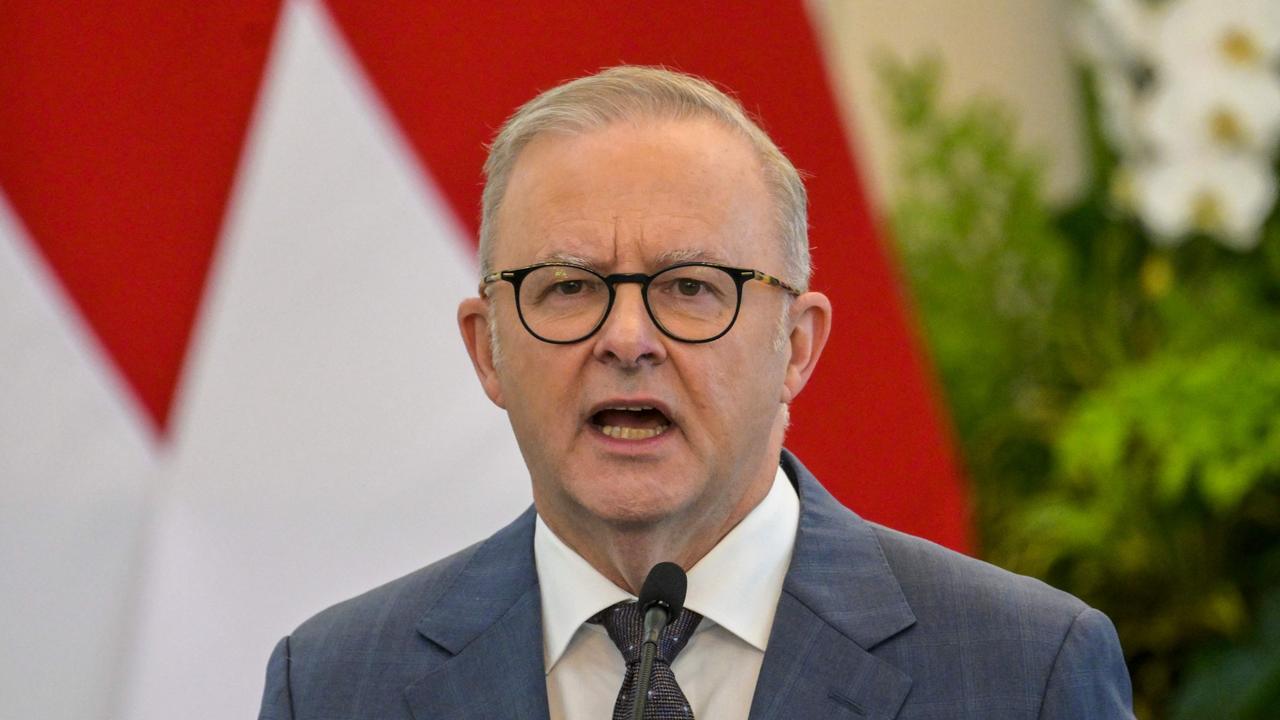
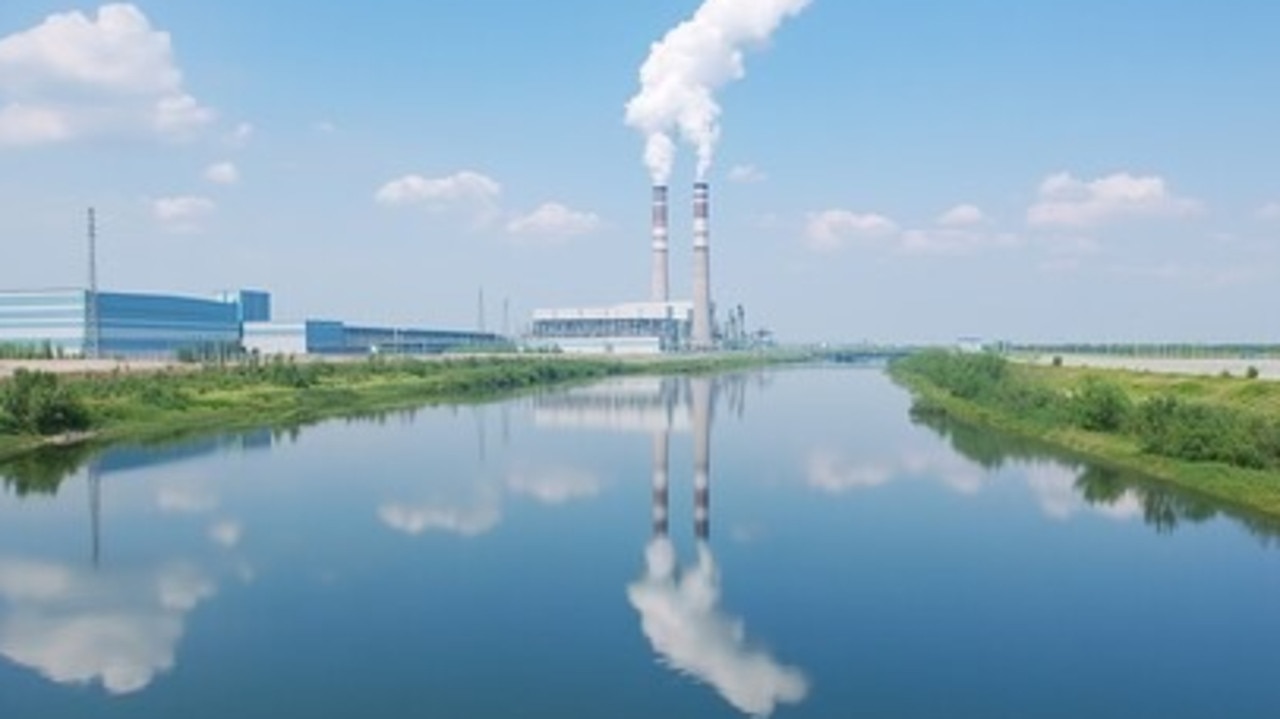
To join the conversation, please log in. Don't have an account? Register
Join the conversation, you are commenting as Logout